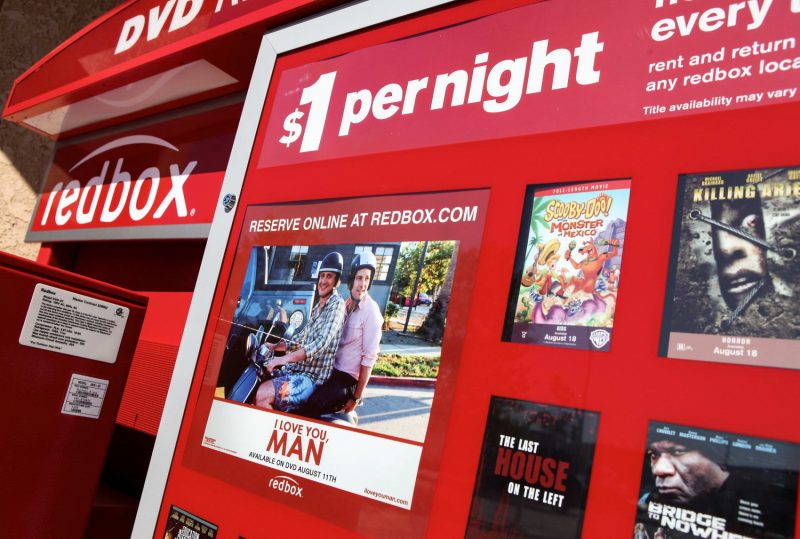In a landscape that has radically transformed due to advanced technological trends, Redbox, a prominent name in the home entertainment rental industry, is scheduled to close its doors as the DVD market agonizingly succumbs to the exponential growth of the streaming realm. The shift from physical to digital has been catalytic, fundamentally changing the way audiences consume films and television shows. As the DVD market continues its decline, Redbox’s impending closure serves as an illustration of the streaming industry’s tangible impact on its physical counterparts.
To truly comprehend Redbox’s journey to closure, it’s important to understand the company’s origins and its ascent. Established in 2002, Redbox followed a successful business model of offering low-cost rentals of movies and games, housed in convenient, automated retail kiosks. For many years, the company flourished, standing as a go-to option for film lovers; a cost-effective alternative to the relatively more expensive theater experience or cable/satellite pay-per-view. However, the swift rise of streaming services like Netflix, Amazon Prime Video, and Disney+ has drastically altered the entertainment market, pushing Redbox into the shadows.
The focus of consumer preference tilted heavily towards the streaming giants as they offered an unbounded library of content available at the touch of a button, and fundamentally changed the dynamics of home cinema. This immediate access to a vast variety of movies and series, coupled with the ability to watch content anywhere thanks to mobile devices, rendered the need for physical DVDs redundant. Streamed content’s superiority over physical DVDs in terms of convenience, price, and versatility has transformed the industry in unimaginable ways.
Attempts by Redbox to evolve with the changing landscape did not make the desired headway. The introduction of Redbox On Demand, an online movie rental and purchase service, was a move to rival streaming providers. Despite this, the company was unable to compete with other established platforms, mainly due to its limited selection of offerings and the fact that users were more inclined towards subscription-based models, which provide better value for their investment.
Customer behaviors have also been heavily influenced by the COVID-19 pandemic over the past two years. Even though renting a DVD might have been viewed as a nostalgic activity mainly during lockdowns, the convenience of streaming services remained unmatched. When social distancing and stay-at-home orders were implemented worldwide, the uptake of streaming services skyrocketed, further accelerating the decline of DVD rentals.
Moreover, the financial standing of Redbox was further hammered by the regulation of the Motion Picture Association, which curtailed the sales of new releases to companies like Redbox. As a consequence, Redbox had to wait nearly a month to stock the newest DVDs, often leading customers to online platforms which had the same blockbuster hits available for streaming on the day of release.
In conclusion, the closure of Redbox can be seen as a testament to the colossal power of digital streaming over traditional rental models like DVDs. The downfall of Redbox unfurls an important narrative about innovation and the relentless shift towards digital mediums. It also signifies the redundancy of physical DVDs in an era defined by the dominance of digital streaming platforms. Though Redbox’s journey might come to an end, the learnings from its struggle and the aftermath of its closure provide industry players and the evolving market with invaluable insights.




